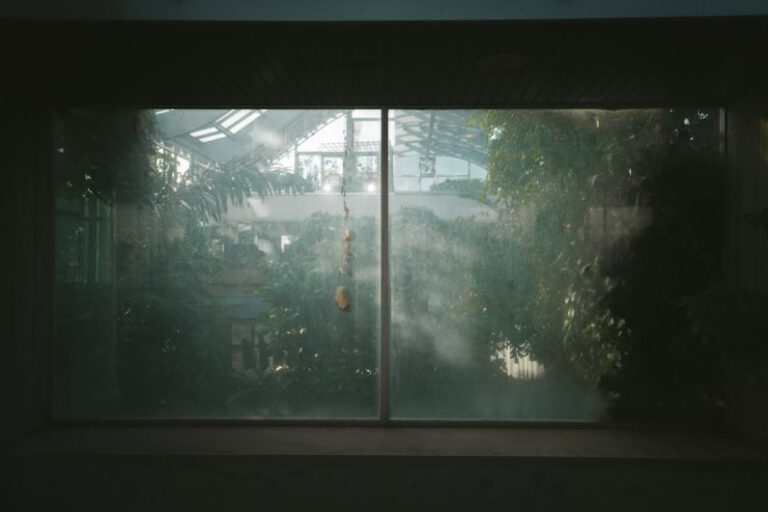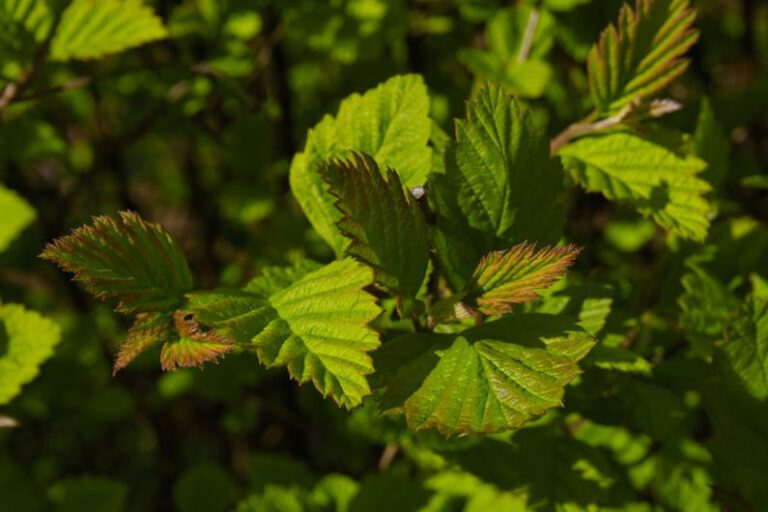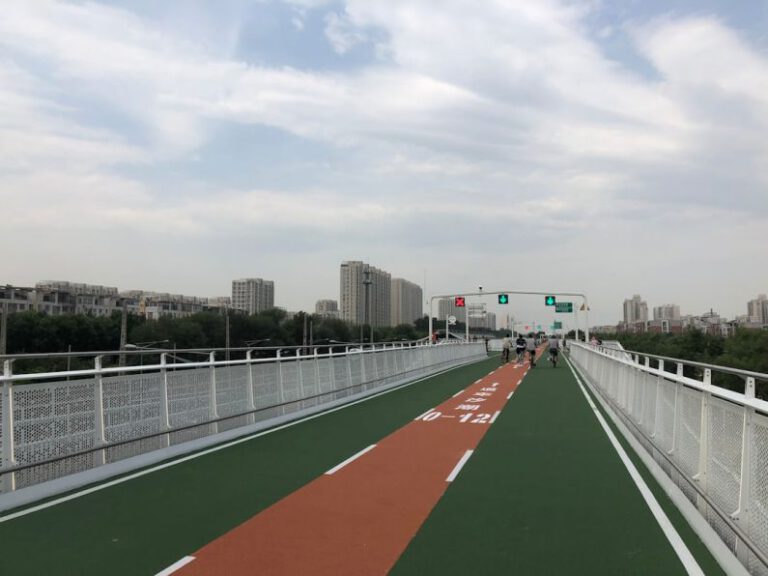Portland’s Innovative Approach to Urban Green Spaces
Nestled in the picturesque Pacific Northwest, Portland, Oregon, is renowned for its commitment to sustainability and green initiatives. One aspect that sets Portland apart from other cities is its innovative approach to urban green spaces. With a deep-rooted belief in the importance of nature within urban environments, Portland has implemented various strategies to create and maintain vibrant green spaces throughout the city.
Embracing Urban Parks as Community Hubs
One of the key elements of Portland’s approach to urban green spaces is its emphasis on transforming parks into vibrant community hubs. Parks in Portland are not merely patches of grass and trees but dynamic spaces that cater to the diverse needs of residents. From hosting farmers markets and outdoor concerts to providing spaces for fitness classes and community events, Portland’s urban parks have become integral to the social fabric of the city.
The city’s commitment to making parks accessible and inclusive is evident in its efforts to ensure that green spaces are located within walking distance of residential areas. This strategic placement encourages residents to incorporate nature into their daily lives, promoting physical and mental well-being.
Innovative Design and Sustainability
Portland is also known for its innovative approach to park design and sustainability. The city prioritizes environmentally friendly practices in the development and maintenance of green spaces, utilizing techniques such as rainwater harvesting, native plant landscaping, and sustainable irrigation systems. These initiatives not only reduce environmental impact but also contribute to the overall health and resilience of the urban ecosystem.
Additionally, Portland places a strong emphasis on creating multifunctional green spaces that serve multiple purposes. From incorporating urban agriculture initiatives to integrating public art installations, the city’s parks are designed to be dynamic spaces that cater to a wide range of interests and activities. This approach not only enhances the aesthetic appeal of green spaces but also fosters a sense of community ownership and engagement.
Promoting Biodiversity and Habitat Conservation
Another cornerstone of Portland’s approach to urban green spaces is its focus on promoting biodiversity and habitat conservation. The city recognizes the importance of preserving natural habitats within urban environments to support local wildlife populations and enhance ecological resilience. To achieve this, Portland has implemented initiatives such as native plant restoration projects, wildlife habitat enhancements, and pollinator-friendly landscaping practices.
By creating green spaces that mimic natural ecosystems and support a diverse array of plant and animal species, Portland is not only enhancing the city’s biodiversity but also providing valuable educational opportunities for residents. Through guided nature walks, wildlife viewing programs, and community volunteer efforts, Portland encourages residents to connect with and appreciate the natural world within their urban surroundings.
A Sustainable Future for Urban Green Spaces
As cities around the world grapple with the challenges of urbanization and climate change, Portland’s innovative approach to urban green spaces serves as a model for sustainable development. By prioritizing community engagement, environmental stewardship, and biodiversity conservation, Portland has created a network of green spaces that not only enhance quality of life for residents but also contribute to the overall health and resilience of the city.
Looking ahead, Portland remains committed to expanding and enhancing its urban green spaces, ensuring that future generations can continue to enjoy the benefits of nature within an urban setting. By fostering a culture of sustainability and innovation, Portland is paving the way for a greener, more livable future for cities around the world.






